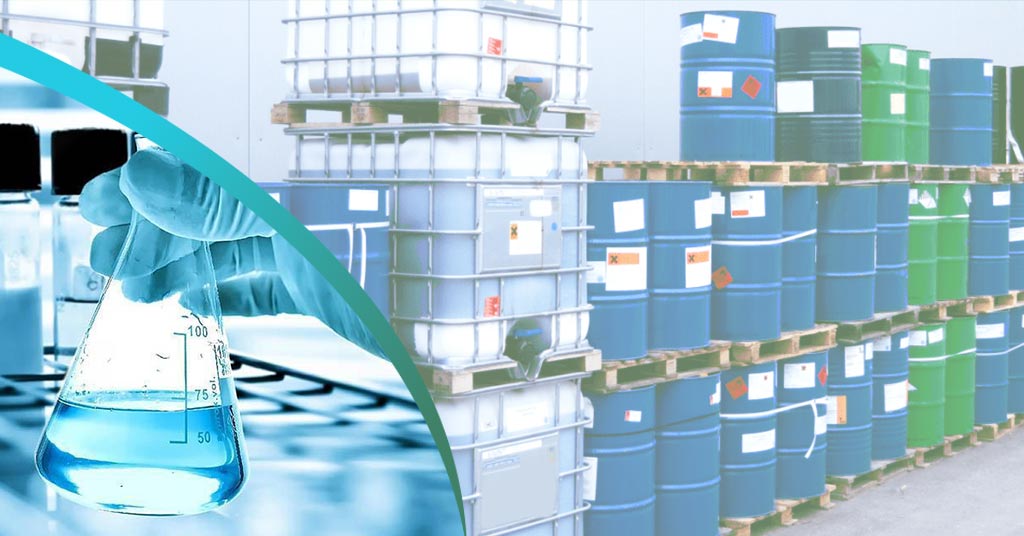Welcome To ChemAnalyst

A consortium of Japanese companies, including Japan Petroleum Exploration Co., Mitsubishi Gas Chemical Co., IHI Corporation, Mitsui & Co., and Mitsui O.S.K. Lines (MOL), has embarked on a collaborative study aimed at establishing an ammonia supply base in the Soma area of Fukushima Prefecture. The project is driven by the recognition of ammonia as a carbon-free fuel, emitting no carbon dioxide (CO2) when burned, making it a compelling solution in the fight against global warming.
Ammonia's versatility as a substitute for fossil fuels positions it as a next-generation energy source, particularly contributing to the decarbonization of the industrial sector and power generation. Additionally, ammonia is gaining prominence as a hydrogen carrier, facilitating the conversion of hydrogen for storage and transportation—a pivotal aspect in the development of a hydrogen society where hydrogen serves as a primary energy source.
The collaborative study involves comprehensive research on establishing a base for importing, storing, and supplying clean ammonia from overseas to the Soma area in Fukushima Prefecture. Beyond this, the consortium plans to conduct a demand survey for hydrogen and ammonia, aiming to create a wide-area supply base for ammonia.
Furthermore, the partners are set to initiate research on the decarbonization of various industrial facilities, including thermal power generation. This collaborative effort involves engaging with power generation companies, steel manufacturers, paper companies, chemical enterprises, and other business customers to anticipate future demand for ammonia. The ammonia production process under consideration focuses on significantly reducing the CO2 emissions traditionally associated with ammonia synthesis, thereby minimizing environmental impact.
Mitsui O.S.K. Lines (MOL), in conjunction with the consortium, will utilize the Soma Area as a strategic base for constructing an ammonia supply base. The overarching goal is to contribute to the economic development of the region while playing a pivotal role in the transition to decarbonized energy sources.
In advancing this collaborative initiative, the partnership extends beyond the private sector, with active cooperation from Fukushima Prefecture, Soma City, and Shinchi Town. By fostering collaboration between the public and private sectors, the consortium aims to realize a project that not only contributes to regional decarbonization but also stimulates economic development in the area.
Noteworthy is MOL's recent milestone, having received approval in principle (AiP) from the classification society ClassNK for the design of a Floating Storage and Regasification Unit (FSRU) tailored for ammonia. The classification society meticulously assessed risk factors, incorporating results from a gas dispersion study. Following the confirmation of compliance with stipulated requirements, ClassNK issued the AiP, highlighting the consortium's commitment to adhering to rigorous safety standards in their pursuit of sustainable and innovative solutions.
The collaborative study by these prominent Japanese companies signifies a crucial step toward establishing a robust ammonia supply base, underscoring the industry's commitment to carbon-free fuels and sustainable energy solutions. As the project unfolds in Fukushima, the combination of private and public sector efforts promises to yield not only regional decarbonization but also economic prosperity, setting a noteworthy precedent in the transition towards cleaner, greener energy sources.
We use cookies to deliver the best possible experience on our website. To learn more, visit our Privacy Policy. By continuing to use this site or by closing this box, you consent to our use of cookies. More info.
